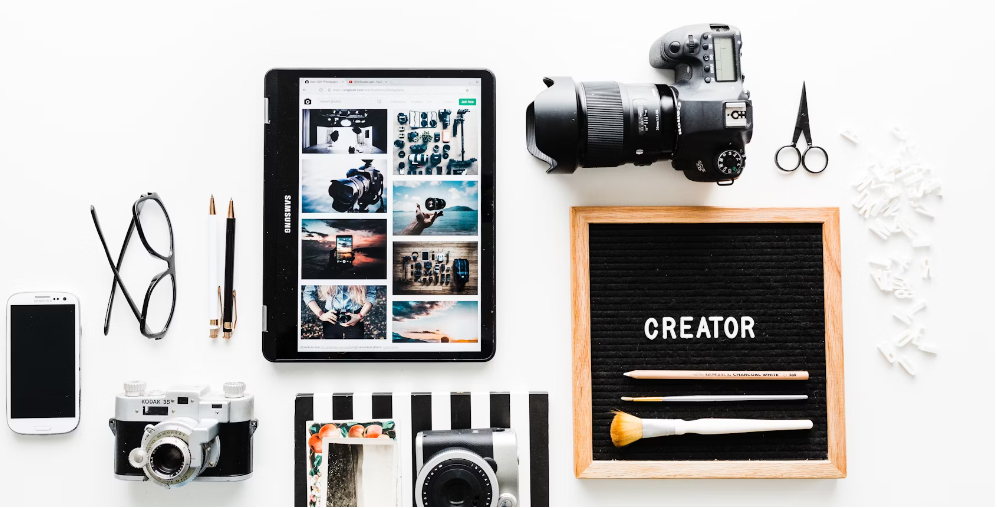Podcasting is rapidly gaining traction in Nigeria, offering a unique platform for storytelling, education, and entertainment. If you’re considering starting your podcast, this guide will walk you through the essential steps to launch successfully.
Discover a comprehensive guide on how to start a podcast in Nigeria. Learn about planning, equipment, recording, hosting, and promoting your podcast effectively.

Define Your Podcast Concept
Before getting into equipment and recording, it’s crucial to establish a clear concept for your podcast.
- Choose a Niche: Identify a specific topic or theme you’re passionate about, such as technology, health, or culture.
- Understand Your Audience: Identify your target listeners and determine the content they would find most valuable.
- Set Clear Objectives: Decide whether your podcast aims to inform, entertain, inspire, or a combination of these.
Plan Your Content and Format
A well-structured plan will keep your podcast focused and engaging.
- Episode Structure: Decide on the format—interviews, solo episodes, or panel discussions.
- Episode Length: Determine an appropriate duration for your episodes, typically between 20 to 60 minutes.
- Publishing Schedule: Establish a consistent release schedule, whether weekly, biweekly, or monthly.
Acquire the Necessary Equipment
Investing in quality equipment enhances the listening experience.
- Microphones: Options like the Audio-Technica AT2020USB+ or Shure MV7 are popular choices.
- Headphones: Use closed-back headphones to monitor audio without feedback.
- Audio Interface: Devices like the Focusrite Scarlett 2i2 can connect your microphone to your computer.
- Recording Software: Free options like Audacity or paid ones like Adobe Audition are suitable for editing.
Set Up a Recording Environment
Creating a conducive recording space minimizes background noise and echoes.
- Choose a Quiet Location: Select a room with minimal external noise.
- Soundproofing: Use foam panels or heavy curtains to dampen sound reflections.
- Test Your Setup: Conduct trial recordings to ensure sound quality meets your standards.
Record and Edit Your Episodes
With your setup ready, it’s time to start recording.
- Script or Outline: Prepare a script or bullet points to guide your discussion.
- Recording: Use your chosen software to record, ensuring levels are balanced.
- Editing: Remove mistakes, long pauses, and background noise to produce a polished episode.
Choose a Podcast Hosting Platform
A hosting platform stores your episodes and distributes them to listeners.
- Anchor: A free platform that integrates with Spotify, offering monetization options.
- Buzzsprout: Provides user-friendly analytics and distribution to major directories.
- Podbean: Offers affordable plans with monetization features.
- Afripods: Tailored for African podcasters, focusing on local content distribution
Distribute Your Podcast
Ensure your podcast reaches your intended audience.
- Directories: Submit your podcast to platforms like Apple Podcasts, Spotify, Google Podcasts, and Deezer.
- RSS Feed: Your hosting platform will provide an RSS feed link for distribution.
Promote Your Podcast
Effective promotion increases your podcast’s visibility.
- Social Media: Share episodes on platforms like Twitter, Instagram, and Facebook.
- Collaborations: Partner with other podcasters or influencers to reach new audiences.
- Email Newsletters: Keep your audience informed about new episodes and updates.
- Website or Blog: Create a dedicated site to host show notes, transcripts, and additional content.
Engage with Your Audience
Building a community around your podcast fosters loyalty.
- Feedback: Encourage listeners to leave reviews and comments.
- Q&A Sessions: Host live sessions or dedicate episodes to answering audience questions.
- Surveys: Gather insights on what content resonates most with your listeners.

Monetize Your Podcast
Once you’ve established a steady listener base, consider monetization strategies.
- Sponsorships: Partner with brands relevant to your audience.
- Merchandise: Sell branded products to loyal listeners.
- Premium Content: Offer exclusive episodes or bonus content for a fee.
- Donations: Platforms like Patreon allow fans to support your podcast financially.
Takeaway
Starting a podcast in Nigeria involves careful planning, investment in quality equipment, and consistent engagement with your audience. By following these steps, you can create a compelling podcast that resonates with listeners and stands out in the growing Nigerian podcasting landscape.
Are you a brand looking to collaborate with Nigerian influencers and podcasters? Book a demo session with Aktivate to connect with top content creators and amplify your reach across Africa.

